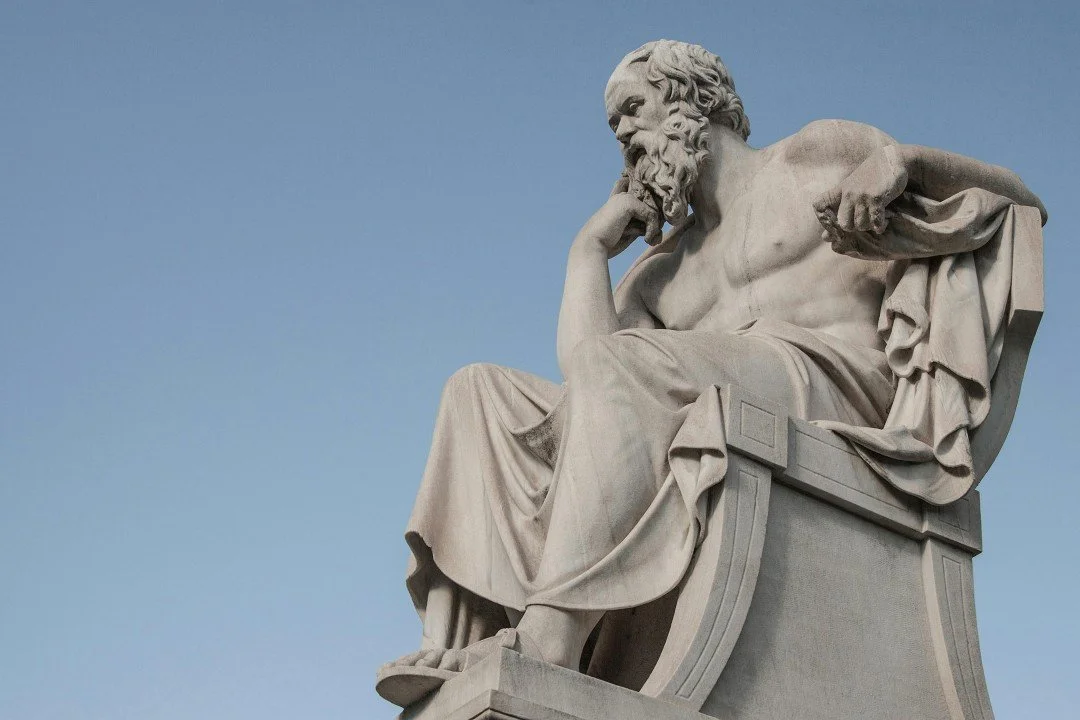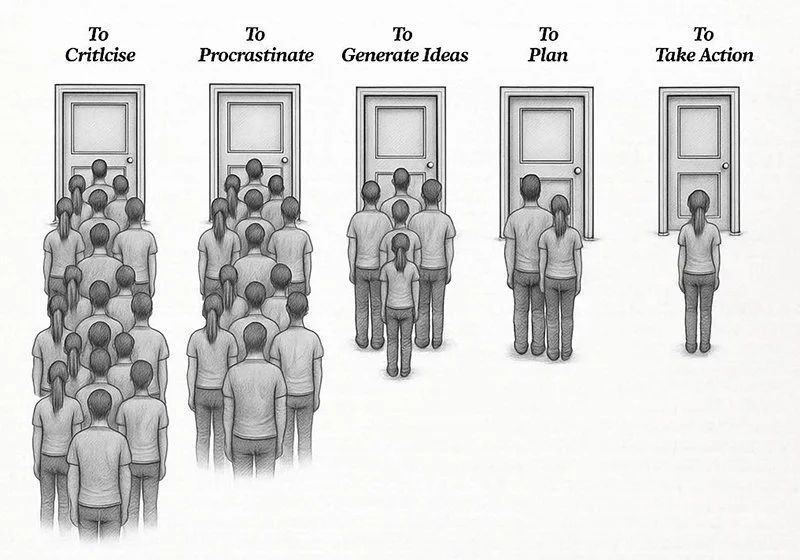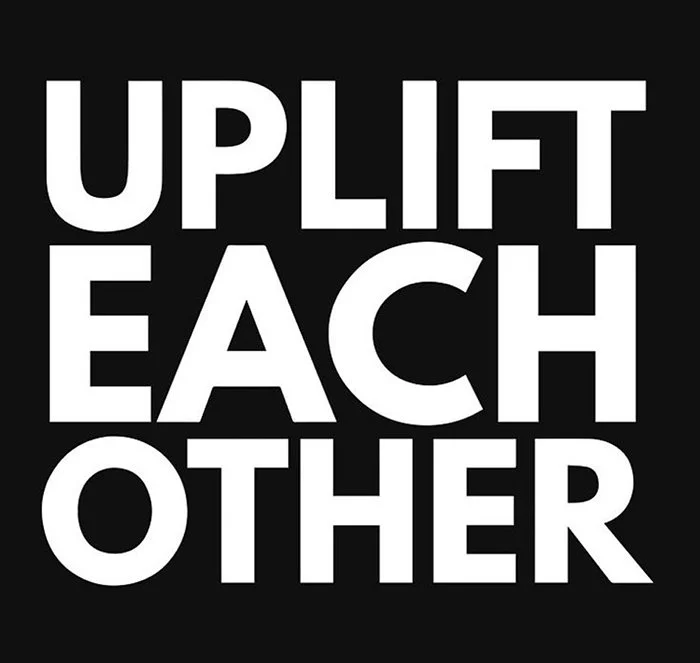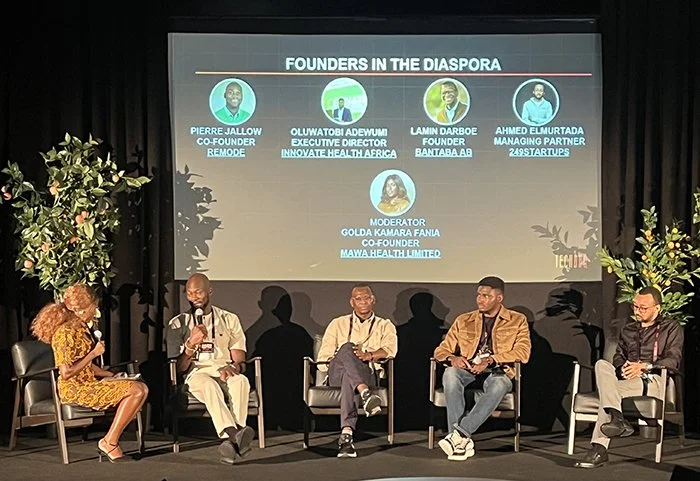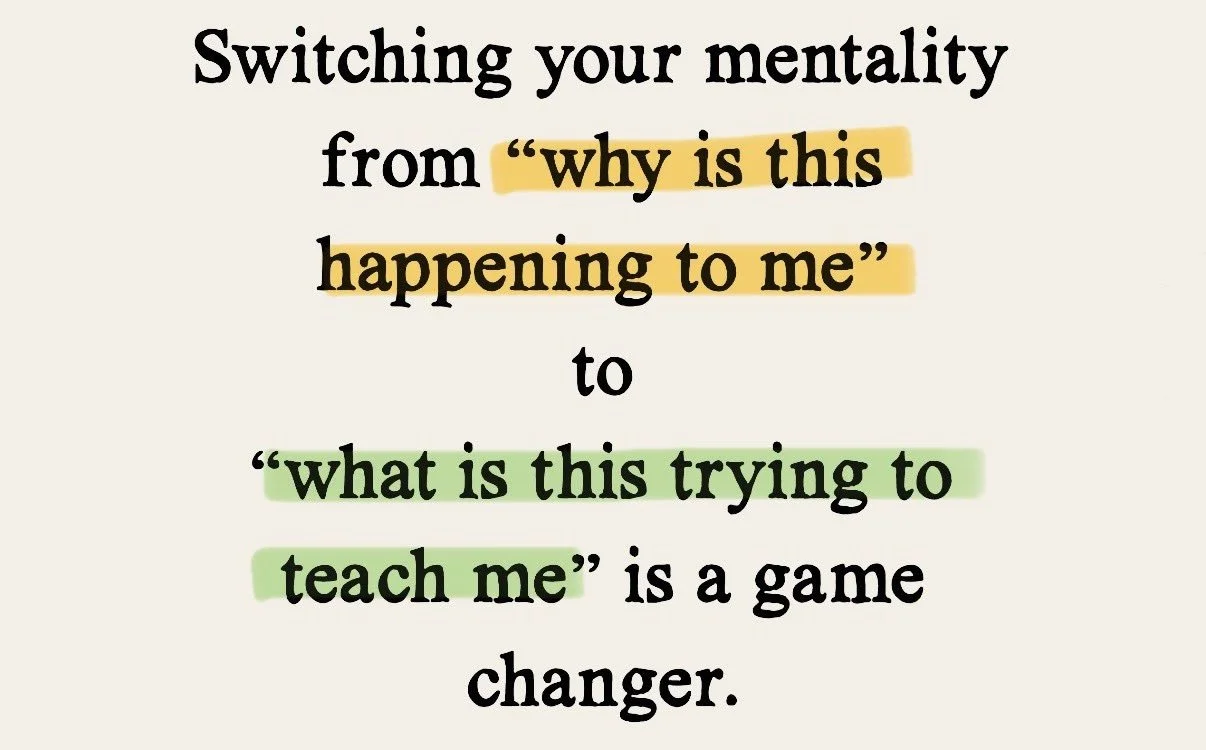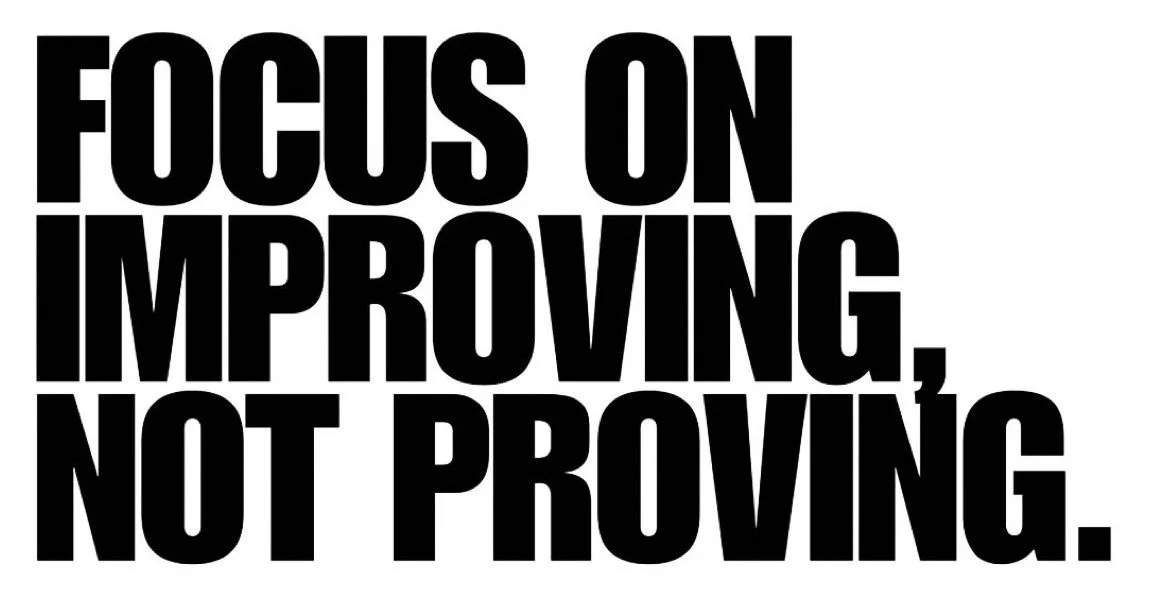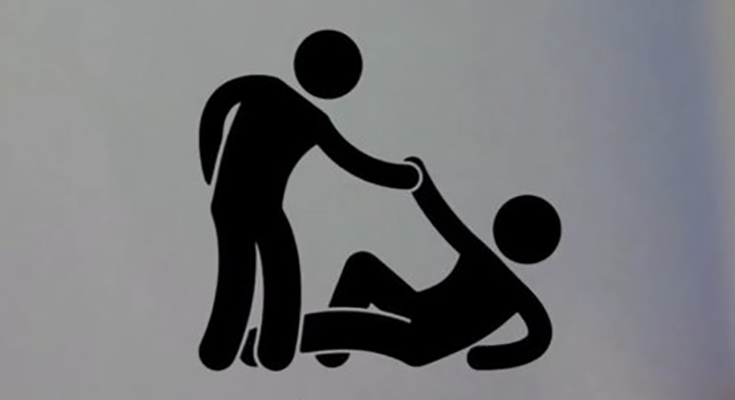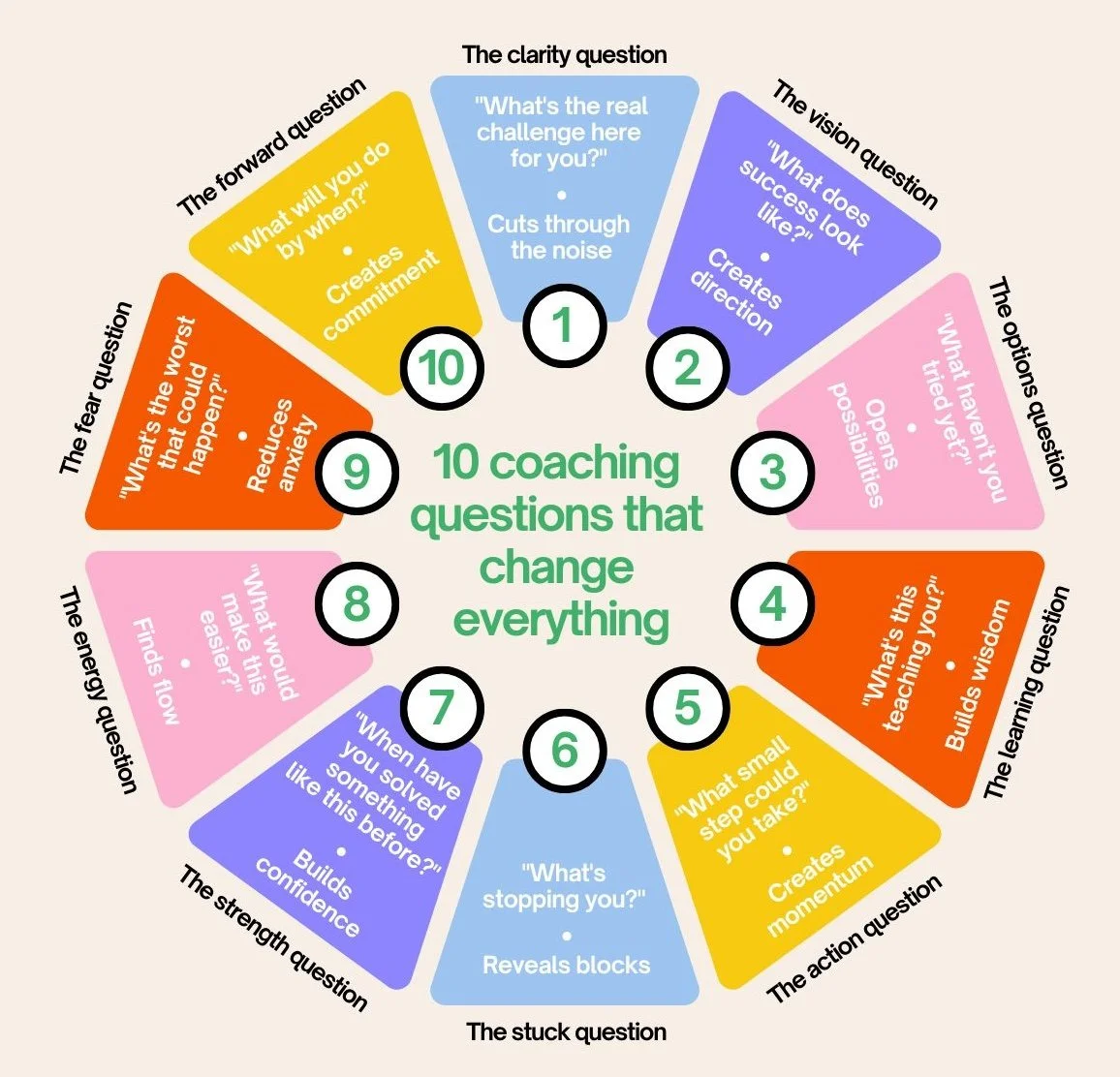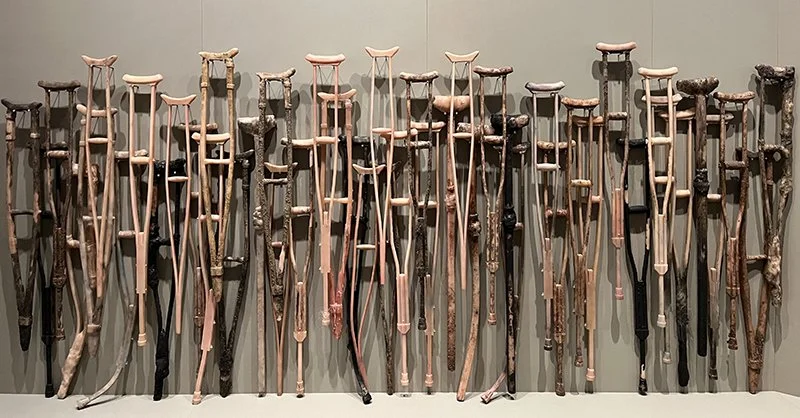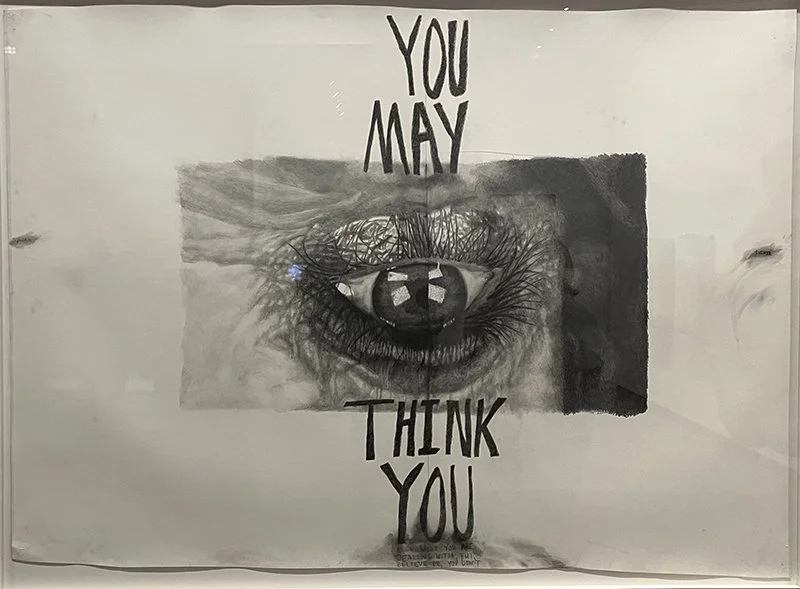We often think of professional coaching as a modern tool for leadership and performance, but its roots run deep. Centuries ago, Socrates was already demonstrating the power of dialogue by creating awareness, challenging assumptions, and awakening responsibility. For example:
- Instead of giving answers, he asked questions.
- Instead of teaching, he invited reflection.
- Instead of imposing truth, he guided others to discover it for themselves.
I think philosophy and ethics are inseparable from coaching. Some may dismiss them as abstract or tedious, but I see them as bold and transformative. Why? Because they challenge mindsets and behaviors at their very core which is also the essence of what I do as a coach.


